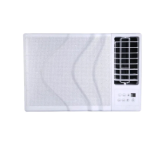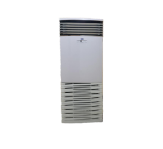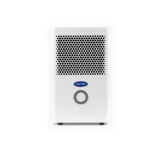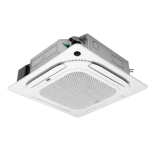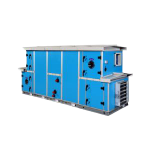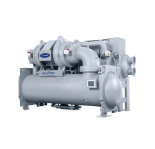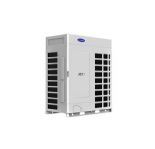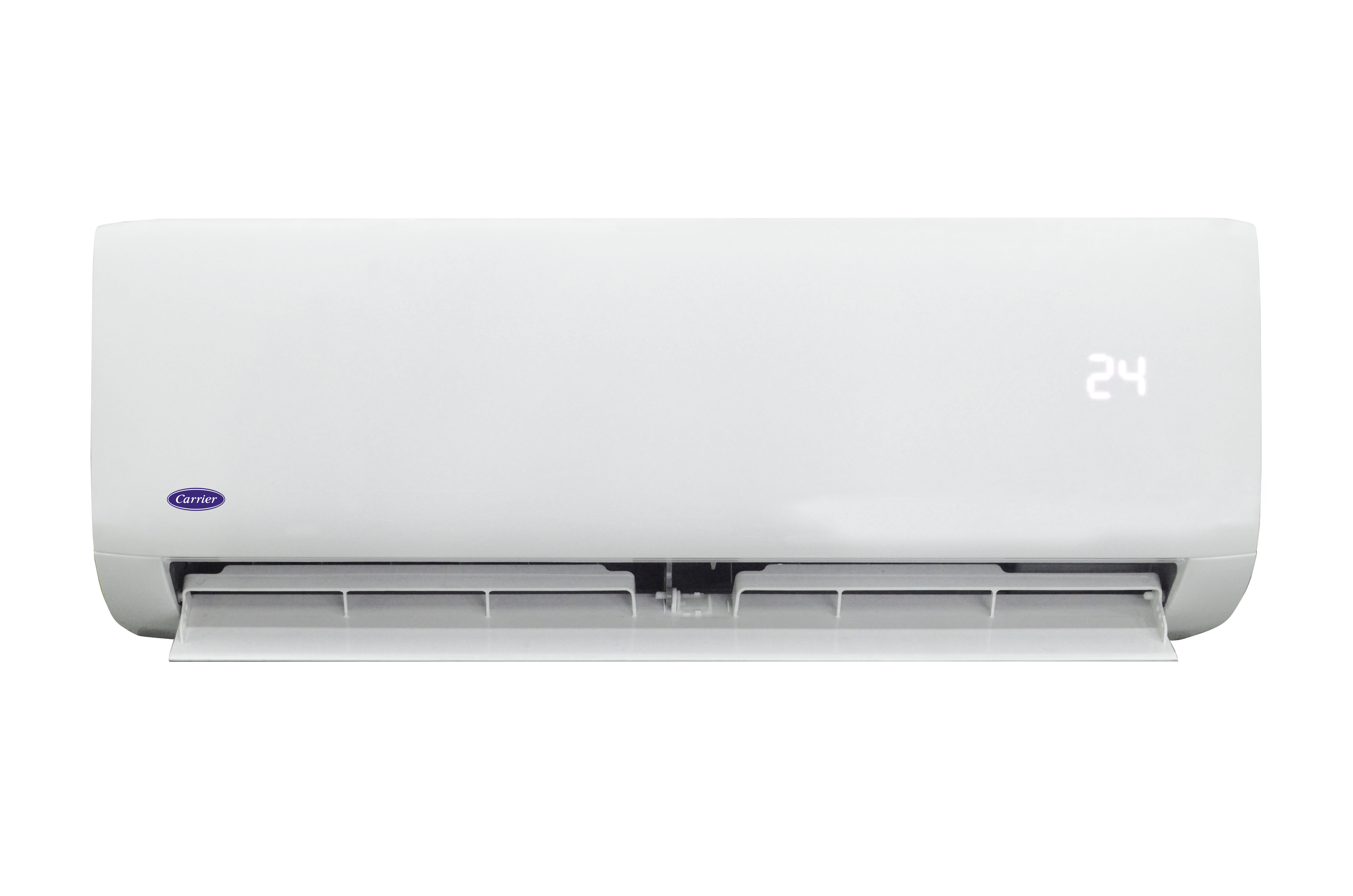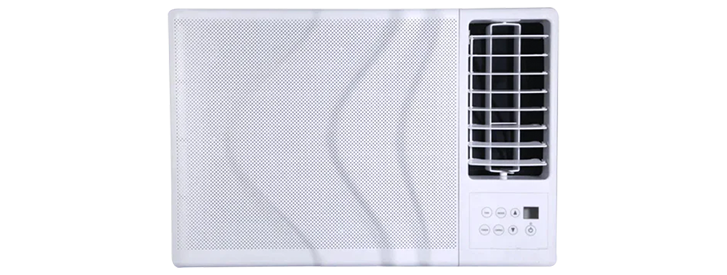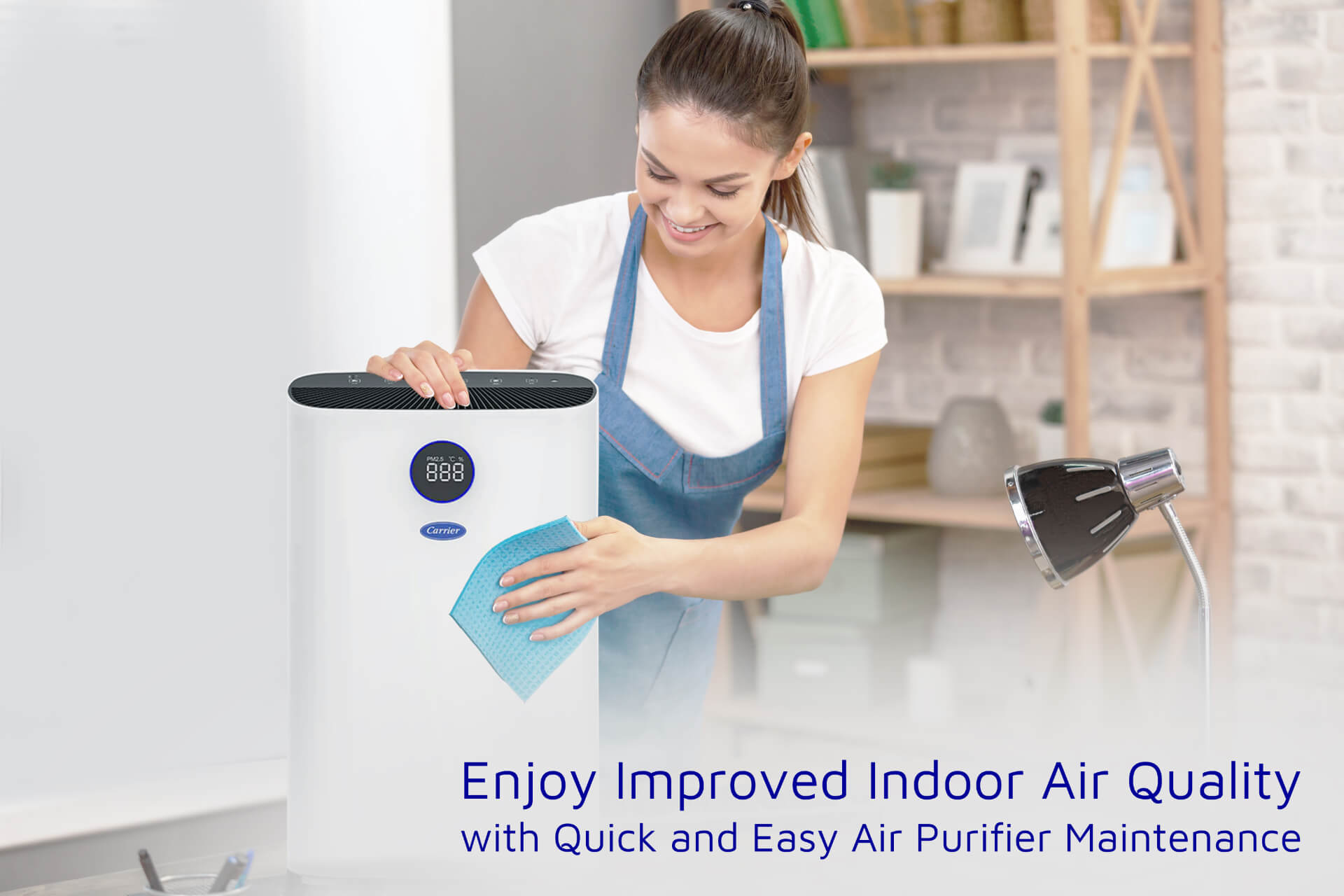Why good indoor air quality matters
We may think of air pollution as synonymous with the smog we see from factories smokestacks and car exhaust pipes, but in the right (or the worst) conditions, the air inside our homes can be up to 5 times as polluted as the air outdoors. We may not see it or feel it at the moment, but the presence of poor air quality could very well be there.
The combination of multiple sources of air pollution can put you and your family at risk if left unattended, especially if there are family members who have respiratory conditions like asthma or other comorbidities. These can include but are not limited to aerosol sprays, exhaust from air conditioners and computers, poor air circulation or stagnant air, accumulating dust and dust mites, smoke from cigarette smoking, and airborne pathogens. If you live in the city, you’re more likely to come across many of these pollutants.
This is even more concerning for those of us that live in the Philippines since a World Health Organization study in 2018 ranked the country the second deadliest in the Asia Pacific region for household air pollution.
With all these factors coming into play, it’s critical that you do what you can to improve your home or workplace’s indoor air quality, and we’ll give you a few ways on how to do it.
1. Invest in an air purifier
A natural choice for anyone looking for cleaner air at home, an air purifier is great for reducing and removing most allergens and airborne pollutants. Whether it’s dust or pet dander, placing an air purifier in high-activity areas of the house can get rid of most of those irritants.
Additionally, air purifiers—particularly those with activated carbon filters—can absorb or eliminate harmful chemicals in the air even if you don’t live next to a street with heavy traffic. These chemicals could come from your typical household cleaning agents which contain chemicals like ammonia, phthalates, and chlorine which can be toxic with prolonged or frequent exposure.
As for bacteria and viruses, air purifiers that use HEPA filters and UV light can capture many such pathogens in the air even if they’re microscopic.
If you’re prone to allergic reactions or full-blown allergy attacks, or have members of the household that have weakened immune systems or comorbidities, an air purifier is a no-brainer to have at home.

